Getting Your Finances in Order for a Home Purchase
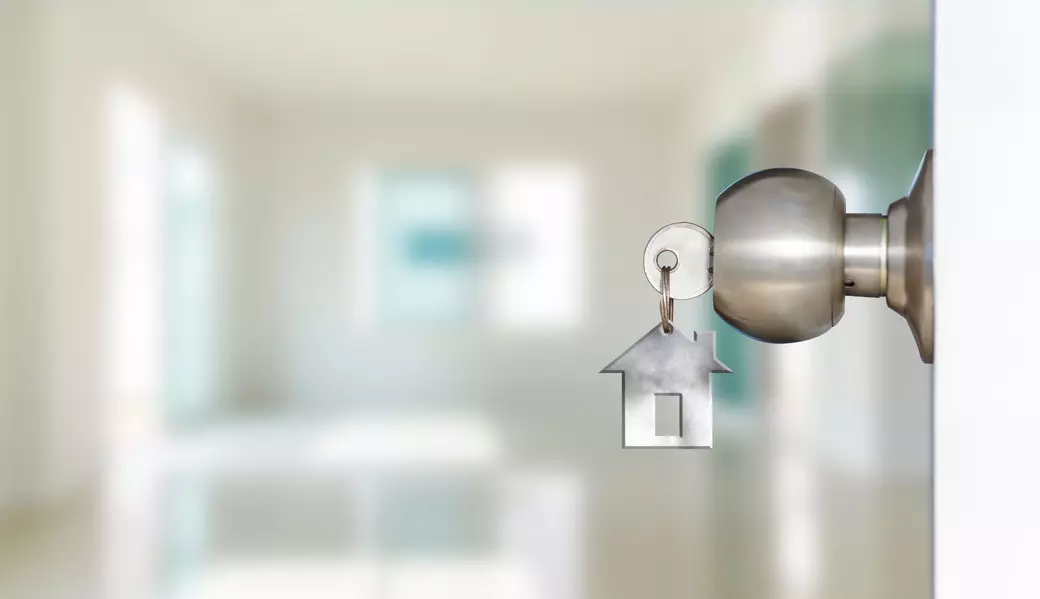
Budgeting and Getting Your Finances in Order for a Home Purchase
Buying a home is one of life’s most significant financial decisions, and preparing for it requires thoughtful budgeting and careful financial planning. Whether you’re a first-time buyer or upgrading to your dream home, having a solid financial foundation can make the process smoother and less stressful. Here’s how to get your finances in order and create a budget for your home purchase:
1. Assess Your Financial Health
Before diving into the home-buying process, take a close look at your current financial situation. Start by:
- Reviewing Your Credit Score: Your credit score plays a critical role in determining your mortgage options and interest rates. Aim for a score of 620 or higher, though some programs may accept lower scores.
- Calculating Your Debt-to-Income (DTI) Ratio: Lenders typically prefer a DTI ratio of 43% or lower. Add up all monthly debt payments and divide them by your gross monthly income to find your DTI.
- Building an Emergency Fund: Ensure you have three to six months of living expenses saved to handle unexpected costs during or after the home-buying process.
2. Set a Realistic Budget
Determining how much house you can afford is crucial for a successful purchase. Consider these factors:
- Down Payment: While the traditional 20% down payment isn’t always required, aim to save at least 3-10% of the home’s price. Remember that larger down payments reduce monthly mortgage payments.
- Monthly Mortgage Payments: Use a mortgage calculator to estimate your monthly payments, including principal, interest, taxes, and insurance (PITI). Lenders generally recommend that your housing expenses don’t exceed 28% of your gross monthly income.
- Additional Costs: Account for closing costs (typically 2-5% of the home’s price), maintenance expenses, and potential homeowners association (HOA) fees.
3. Save Strategically
Saving for a home requires dedication and smart financial moves. Here’s how to build your savings:
- Create a Dedicated Savings Account: Open a separate account for your down payment and other home-buying costs to avoid dipping into these funds.
- Cut Unnecessary Expenses: Evaluate your budget and reduce discretionary spending, such as dining out, subscriptions, or luxury purchases.
- Automate Savings: Set up automatic transfers to your savings account to ensure consistent progress toward your goal.
- Leverage Windfalls: Use bonuses, tax refunds, or gifts to boost your home savings fund.
4. Get Pre-Approved for a Mortgage
A mortgage pre-approval gives you a clear picture of how much you can borrow and strengthens your position as a serious buyer. To get pre-approved:
- Gather Financial Documents: Prepare recent pay stubs, W-2 forms, tax returns, bank statements, and information on outstanding debts.
- Shop Around for Lenders: Compare mortgage offers from different lenders to find the best terms and interest rates.
- Understand Loan Options: Research different loan types, such as conventional, FHA, or VA loans, to determine which suits your needs.
5. Plan for Ongoing Costs
Owning a home comes with ongoing financial responsibilities. Prepare for:
- Maintenance and Repairs: Budget 1-3% of the home’s value annually for maintenance and unexpected repairs.
- Property Taxes and Insurance: Research property tax rates and homeowners insurance costs in your desired area.
- Utilities and Upgrades: Factor in monthly utility bills and potential upgrades to make the home your own.
6. Avoid Major Financial Changes
As you prepare for your home purchase, avoid significant financial moves that could impact your mortgage approval, such as:
- Opening new credit accounts.
- Making large, untraceable deposits.
- Changing jobs or reducing your income.
Conclusion
Budgeting and financial planning are essential steps in the home-buying journey. By assessing your financial health, setting realistic goals, and preparing for all associated costs, you can approach the process with confidence. With careful planning, you’ll be well on your way to finding a home that fits your budget and your dreams.
Recent Posts

January Is the Smartest Time to Plan a Move (Without Pressure)

Is Now a Good Time to Buy or Sell? Let’s Break It Down

What’s My Home Worth? Discover It Instantly with a Home Value Calculator
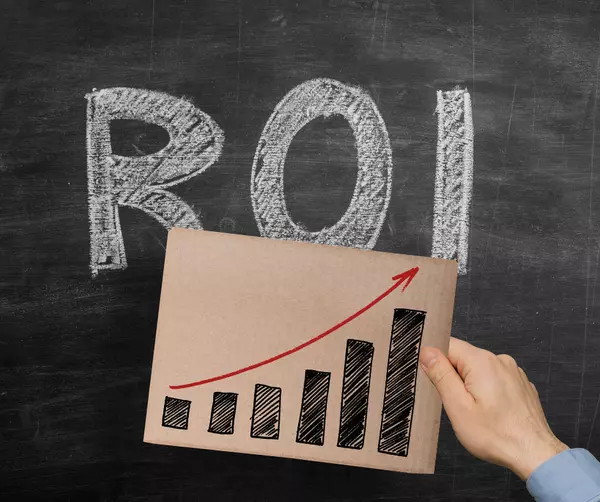
Remodeling ROI: Which Home Upgrades Pay Off the Most?
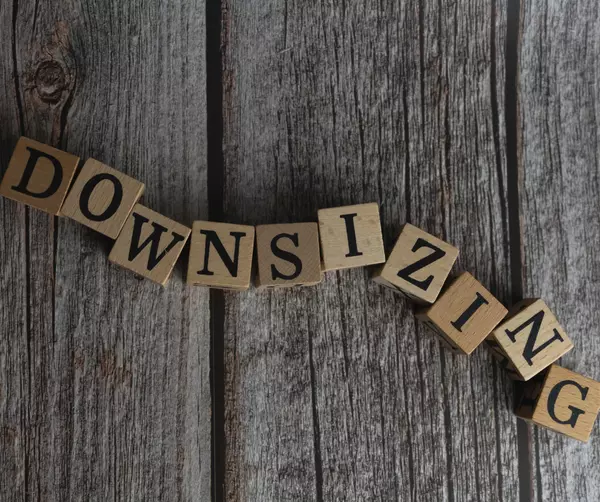
Downsizing vs. Rightsizing: Finding the Home That Truly Fits
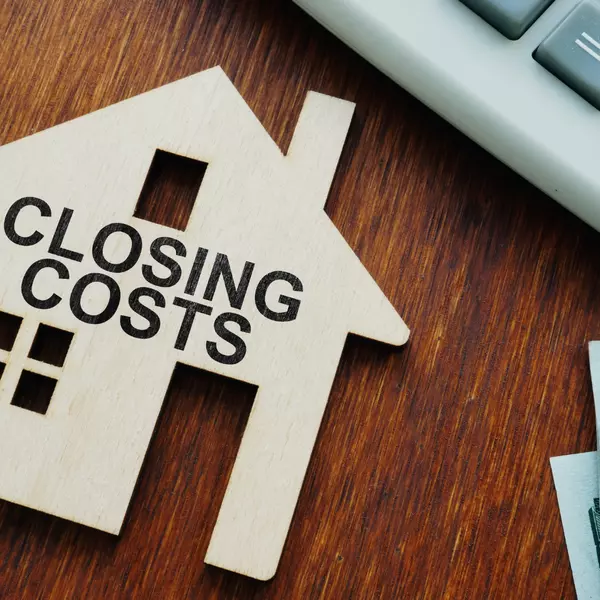
Understanding the Mystery of Closing Costs and Points
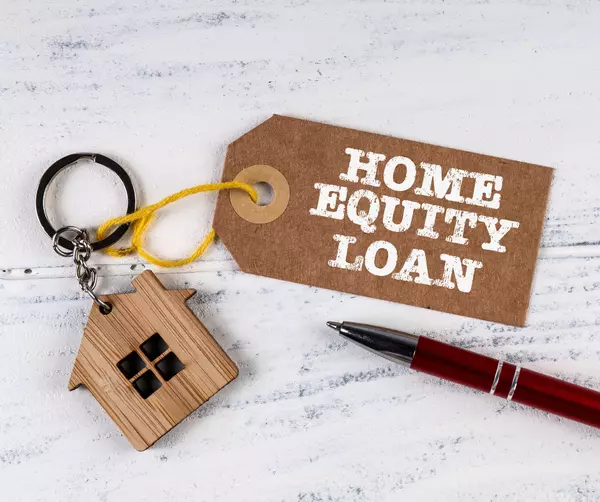
The Home Equity Playbook: Smart Ways to Make Your Home Work for You

How to Find the Best Investment Properties

Mid-Year Market Review: What’s Ahead for Real Estate in 2025?

Should You Hire a Realtor or Sell Your Home Yourself?
GET MORE INFORMATION

